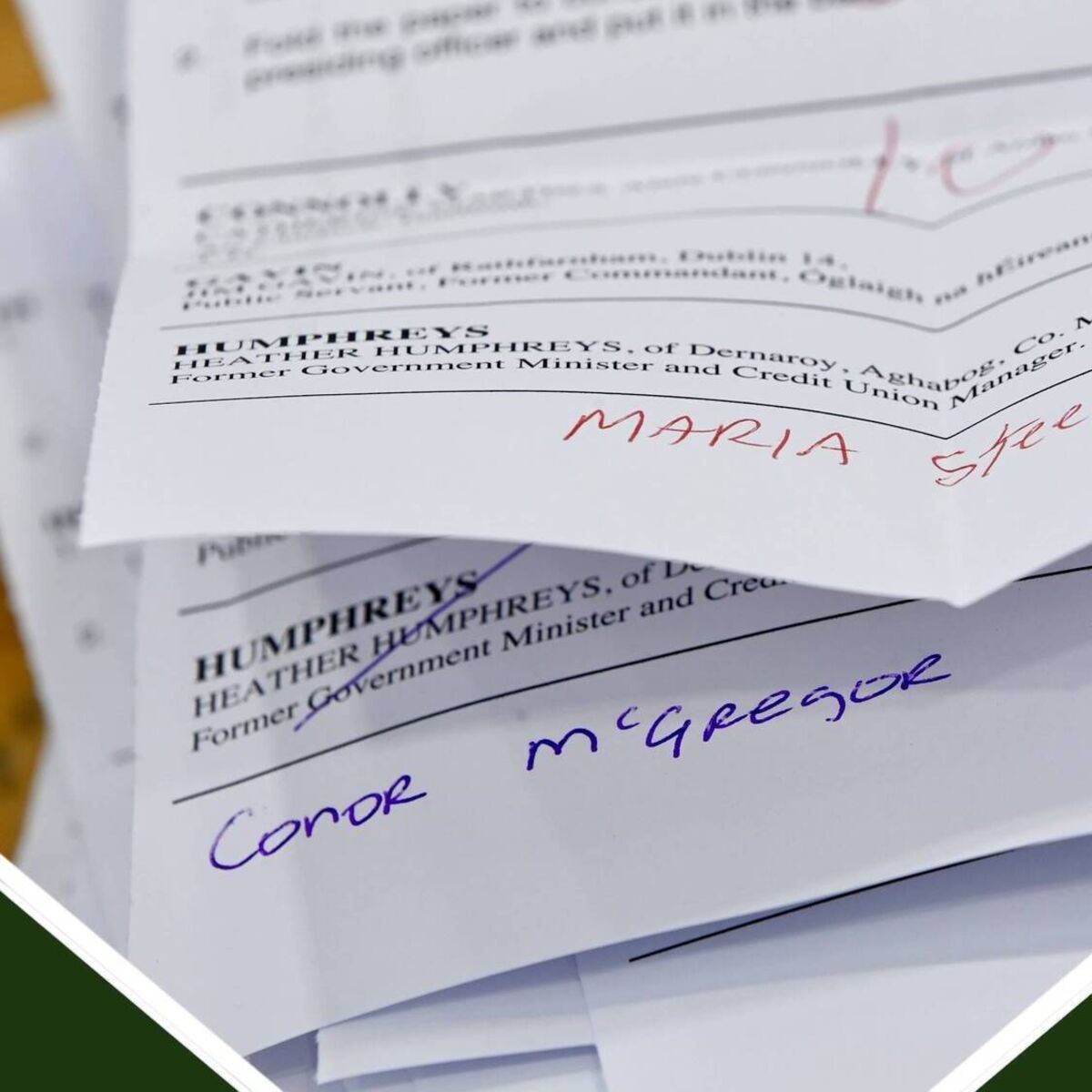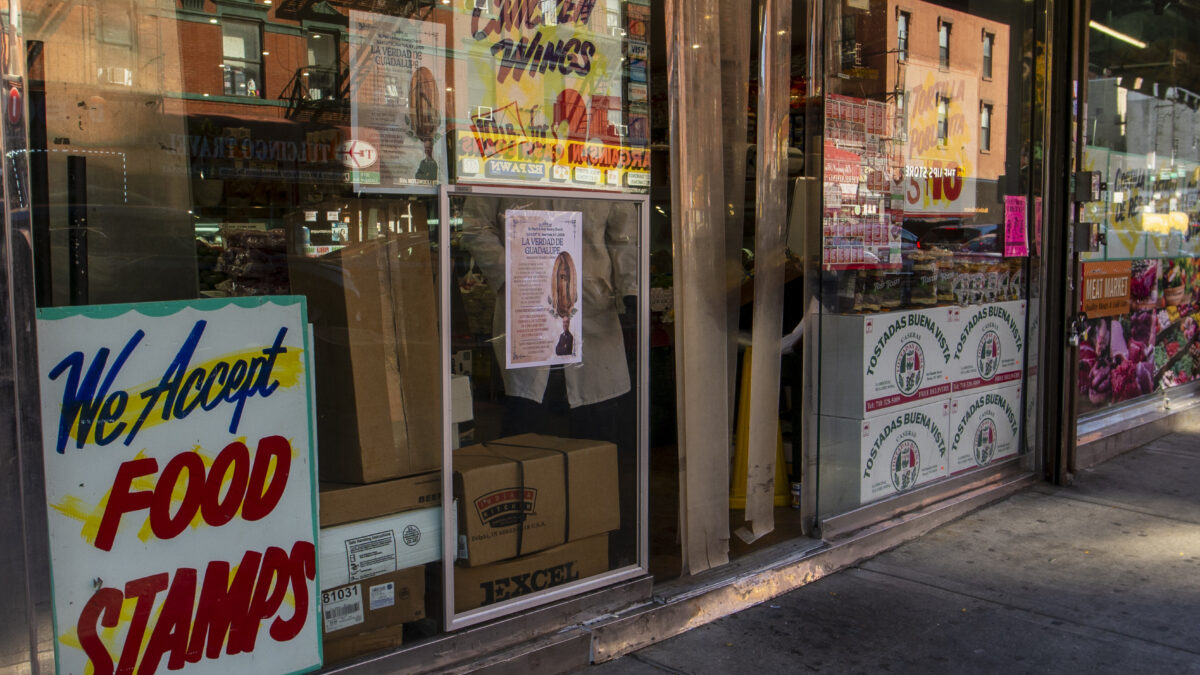Copyright newsweek

Nine months into Donald Trump’s second term, Latin America has become a central focus of U.S. foreign policy. The administration has shifted away from traditional development aid and diplomatic forums, opting instead for a strategy centered on tariffs, military pressure and bilateral political alignment. At the center of the effort is Secretary of State Marco Rubio, whose familiarity with regional politics has helped push forward a series of high-profile initiatives—from security operations to trade negotiations and visa actions. A January executive order declared drug cartels foreign terrorist organizations, enabling the U.S. military to strike suspected trafficking networks by force. Naval deployments and missile strikes along the Caribbean and northern South America soon followed. On Tuesday, four strikes in the eastern Pacific Ocean killed 14 people and left one survivor in the deadliest single day since the Trump administration began its campaign. U.S. Representative María Elvira Salazar, a Florida Republican and one of the administration’s most outspoken defenders, said Trump’s approach marked a long-overdue shift. “The Trump administration is doing exactly what it needs to do — to take out of power an illegitimate president, someone who stole the elections last year after promising to abide by the Barbados Accord,” she told Newsweek. Venezuelan President Nicolas Maduro points at a map of the Americas during a news conference in Caracas on September 15. “Thanks to Trump, who has the fortitude and courage to do what’s right for the United States — stopping the flow of drugs coming from Venezuela, which has become a launching pad for Colombian cocaine. So I commend him for doing that,” she added. The operations, which have resulted in dozens of deaths, have drawn sharp responses from both Republican and Democratic lawmakers as well as international leaders. Former Colombian President Ernesto Samper (1994–1998) told Newsweek that the strategy is deeply concerning. “The issue is the way it’s being done—violating international law and maritime conventions,” Samper, a center-left politician, said. “These are practically extrajudicial killings of crew members aboard small vessels.” Milei’s Bet Pays Off In contrast to the diplomatic standoffs unfolding in the Caribbean, Argentina has emerged as one of the Trump administration’s closest allies in the region—and a major recipient of U.S. support. Libertarian President Javier Milei secured a decisive midterm victory on Sunday, just weeks after receiving a $20 billion U.S.-backed bailout designed to shore up the Argentine peso and stabilize investor confidence. The win strengthens Milei’s ability to pass sweeping economic reforms, including austerity measures and deregulation policies long favored by Washington. It also validates a new Trump-era formula: align ideologically, and reap the benefits. “It was about time the United States paid attention to its closest neighbors,” Salazar told Newsweek. “From Tierra del Fuego to Tijuana and El Paso, we share a hemisphere. We must focus on our backyard—our allies and our partners. The Western Hemisphere should be in the hands of Americans, not our enemies.” The high-stakes nature of the midterms was no secret. In the lead-up to the vote, Trump tied future financial support to Milei’s political survival, telling aides, “If he doesn’t win, we’re gone.” U.S. Treasury Secretary Scott Bessent, who framed the bailout as an “economic bridge with our allies,” said the U.S. was determined to avoid “another failed state in Latin America.” Argentinian President Javier Milei celebrates after winning in the legislative midterm elections, in Buenos Aires on October 26. (AP Photo/Rodrigo Abd) The deal sparked political controversy at home, with critics accusing Trump of using taxpayer money to underwrite a risky ideological gamble. But inside Argentina, it became a political lifeline. After a string of electoral setbacks and approval ratings that had dipped below 40 percent, Milei’s party clawed back momentum with a message of U.S.-backed stability. “Milei is an example that democracy and the market economy—free from socialism and corruption—are the true path to prosperity,” Salazar said. Now, Milei’s government is preparing to expand economic ties with Washington. Benjamin Gedan, director of the Latin America Program at the Stimson Center, said the partnership is already shaping Argentina’s foreign policy orientation. “Following the U.S. bailout, the two governments are now inseparable,” he told Newsweek. “It remains to be seen how the U.S. uses its leverage—whether to press for opportunities for U.S. mining companies or to drive a wedge between Buenos Aires and Beijing.” Though Milei has publicly embraced anti-China rhetoric, including vows to avoid deals with “communists and murderers,” his government still maintains critical financial arrangements with Beijing, inc...



